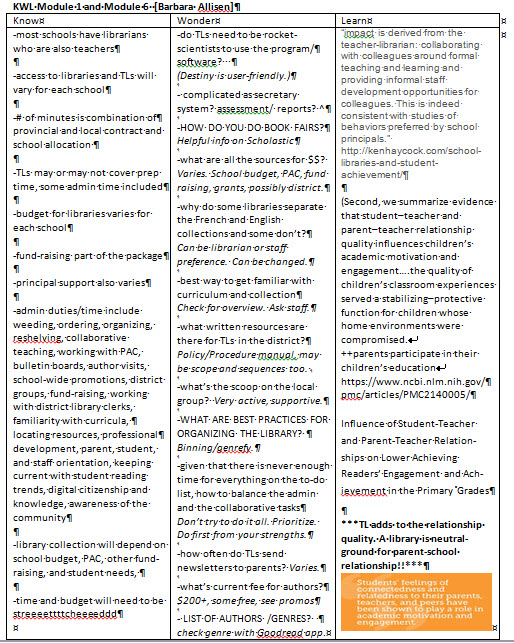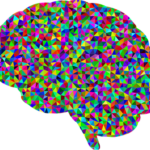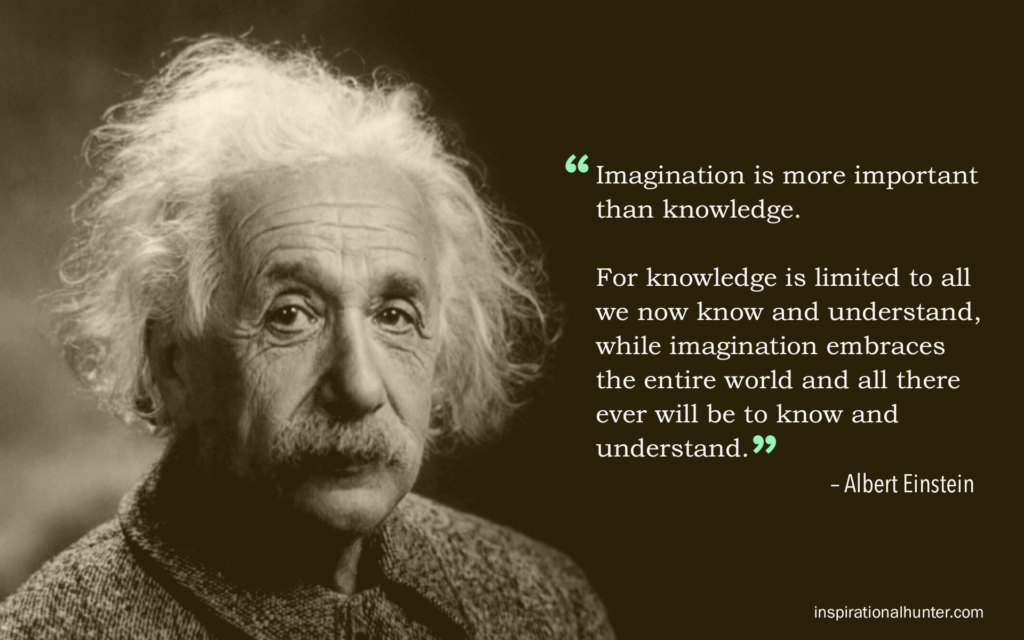“Leaders think and talk about the solutions. Followers think and talk about the problems.” –Brian Tracy

I am very fortunate my sessions with J. and D. answered the questions in my Wonder column. That left room to put the really important stuff in the Learned. Next time, I can put that in the first section and feel ‘in the Know’!


Thank you to the colleagues who so generously shared their answers to my many questions. You are leaders and have enriched my garden!
Questions for Library Tour:
- What changes did you do as you went from L to LLC?
- Are there any computers left in the library?
- Lego space is new. Is it part of Maker-Space?
- What do you have in terms of furniture that moves?
- Are the French and English collections separate or together?
- What materials are you binning?
- Anything special like a canoe, for your First Nations collection?
- How did you figure out if there were any holes in the collection?
- Any ebooks or audios?
- What program/apps are you using for the students?
- What sorts of collaborative projects have you done?
- Any glitches in the book check-out system that drive you crazy?
- For the budget, does the district give a specific percentage to each school for the library? Is there a standard amount per student?
- How do you run a Book Fair?
- Do you do anything else for fund-raising?
- What kinds of clubs do you have in the library? When?
- What resources do TLs have in the district?
- What might I not be aware of that you think is important to know?
- Anything else?
 Getting to the Heart of the Matter
Getting to the Heart of the Matter
(Or Should it be Brain?)
If anything, both this course and talking with D reaffirmed for me that it’s never too late to learn. Three decades of teaching kindergarten, half-a-decade of retirement, and I’ve managed to bend my mind enough to grasp new ideas and ways of doing things. The relationship I already had with D as my student teacher helped because I could talk about personal issues. As I shared with her, I feel like I’ve stepped back into moving with the time instead of being just an observer. That’s very empowering.
Being a lover of books and with a family-history of story-telling (Irish ancestry) the library has always felt like a welcoming and belonging space to me. Is it that way for my students? Now, I want to incorporate more spaces for hands-on with materials other than books. It’s understandable that physical manipulation of objects can increase mental manipulation with thoughts. (Wish I could remember where I read that. Somewhere in my journal I hope I high-lighted that quote.) I’d like to collaborate more with the First Nations coordinator to add items to that space. At least, the books are organized and accessible now.
As for furniture that moves, the tables in our library all have wheels and I might be able to find sand or water tables that can be slide in between the tables to make activity pods. ***Note to self: Check with D as to other materials that she has besides Lego and rainbow looms. D also really has forged an alliance with the students. Some of the students can be advisors for me as to what to add to the library. It is their belonging space, not just me doing for them.
Because of my increased knowledge and confidence, (I’ve discovered I did somethings right all on my own and have worthwhile ideas), I’ll be able to participate in the local support group instead of trying to be invisible. Yes, I will never be a technology leader, but even D was impressed that I’ve written and published books on Amazon and have an on-line early childhood course. I have some tech skills after all, even if they are in a different area. I’ll accept the surprised faces on others’ faces when I ask basic questions. We can never know it all and besides, my oft-said words of self-encouragement are, “Just because I don’t know what I’m doing doesn’t mean I can’t do it anyway.”
But, underneath all that I’ve learned, as I know from hypnotherapy, our minds are far, far more than the knowledge we have consciously. Where does our essence that directs what we learn and how we learn come from? It’s more than even Einstein says. We can only imagine…and more.
If anything, both this course and talking with D reaffirmed for me that it’s never too late to learn. Three decades of teaching kindergarten, half-a-decade of retirement, and I’ve managed to bend my mind enough to grasp new ideas and ways of doing things. The relationship I already had with D as my student teacher helped because I could talk about personal issues. As I shared with her, I feel like I’ve stepped back into moving with the time instead of being just an observer. That’s very empowering.Being a lover of books and with a family-history of story-telling (Irish ancestry) the library has always felt like a welcoming and belonging space to me. Is it that way for my students? Now, I want to incorporate more spaces for hands-on with materials other than books. It’s understandable that physical manipulation of objects can increase mental manipulation with thoughts. (Wish I could remember where I read that. Somewhere in my journal I hope I high-lighted that quote.) I’d like to collaborate more with the First Nations coordinator to add items to that space. At least, the books are organized and accessible now.
As for furniture that moves, the tables in our library all have wheels and I might be able to find sand or water tables that can be slide in between the tables to make activity pods. ***Note to self: Check with D as to other materials that she has besides Lego and rainbow looms. D also really has forged an alliance with the students. Some of the students can be advisors for me as to what to add to the library. It is their belonging space, not just me doing for them.
Because of my increased knowledge and confidence, (I’ve discovered I did somethings right all on my own and have worthwhile ideas), I’ll be able to participate in the local support group instead of trying to be invisible. Yes, I will never be a technology leader, but even D was impressed that I’ve written and published books on Amazon and have an on-line early childhood course. I have some tech skills after all, even if they are in a different area. I’ll accept the surprised faces on others’ faces when I ask basic questions. We can never know it all and besides, my oft-said words of self-encouragement are, “Just because I don’t know what I’m doing doesn’t mean I can’t do it anyway.”
But, underneath all that I’ve learned, as I know from hypnotherapy, our minds are far, far more than the knowledge we have consciously. Where does our essence that directs what we learn and how we learn come from? It’s more than even Einstein says. We can only imagine…and more.
